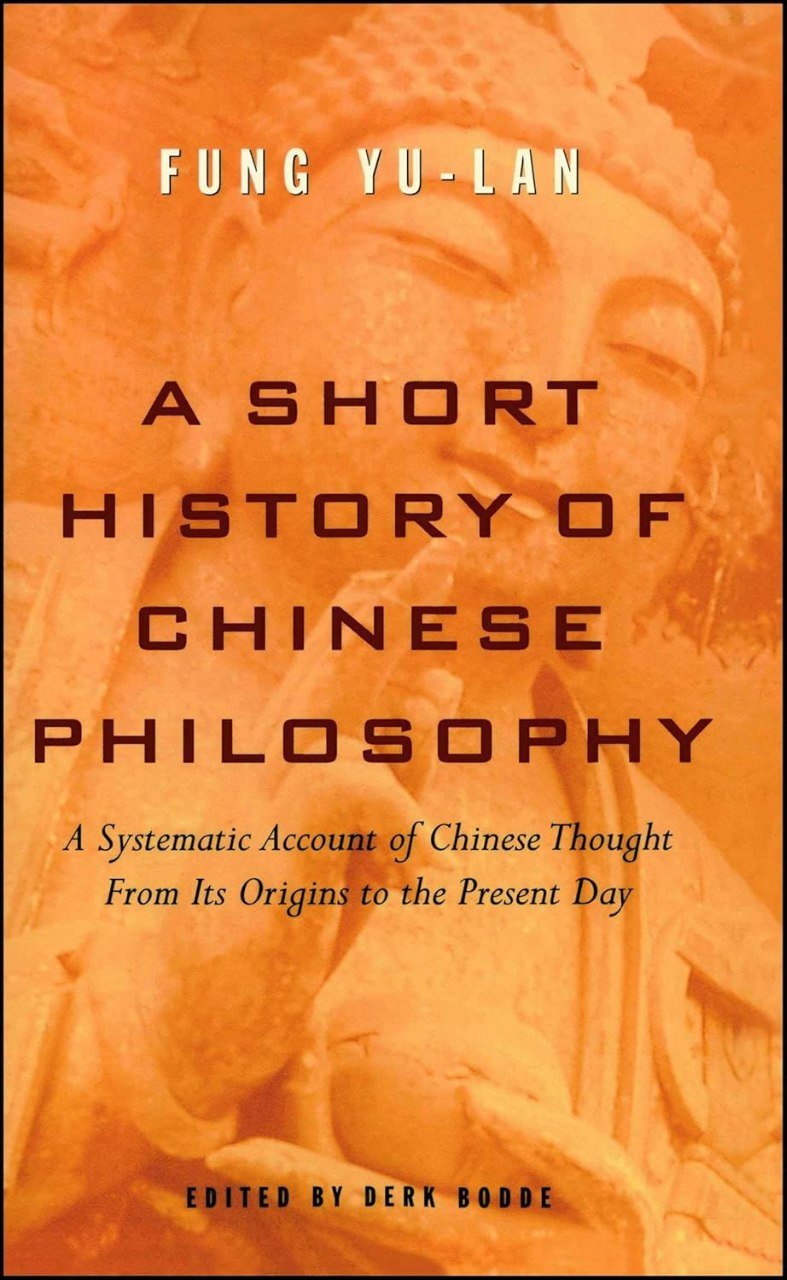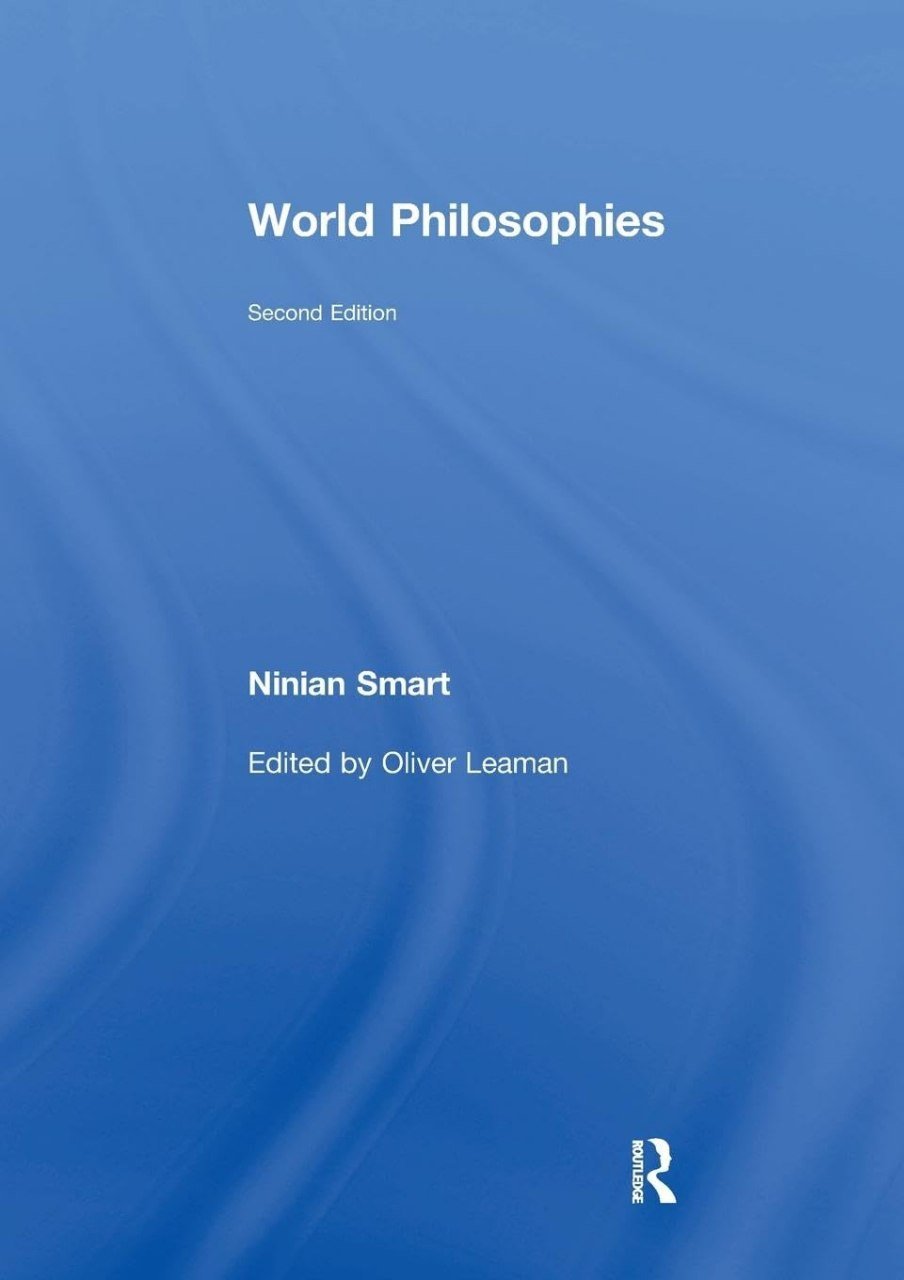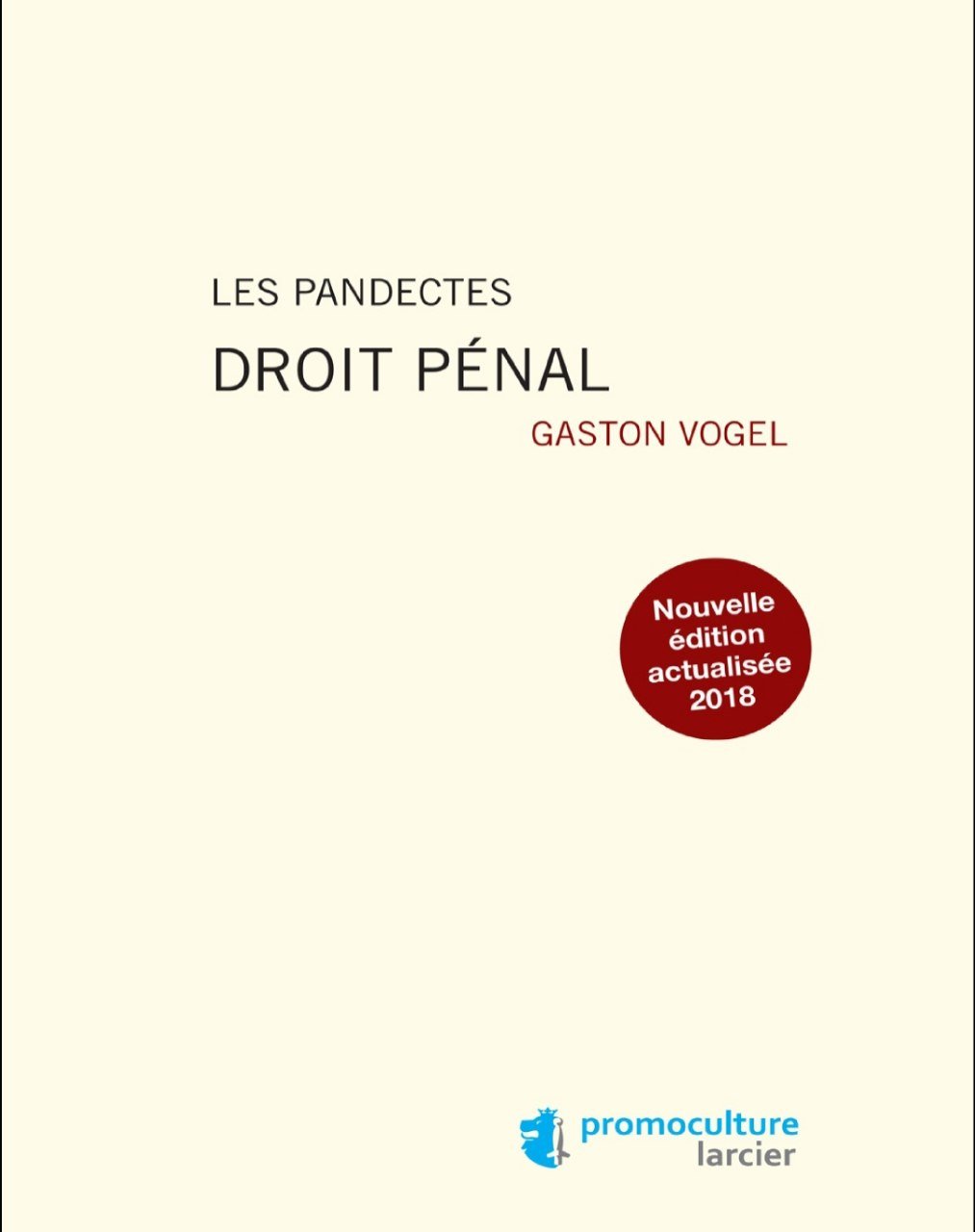

Afterimages of Gilles Deleuze's Film Philosophy by D. N. Rodowick
Reviews
No review yet. Be the first to review this book!
Description
Afterimages of Gilles Deleuze's Film Philosophy by D. N. Rodowick In Afterimages of Gilles Deleuze's Film Philosophy, D. N. Rodowick provides an insightful analysis of Gilles Deleuze’s groundbreaking work on cinema, specifically his two books Cinema 1: The Movement-Image and Cinema 2: The Time-Image. Rodowick explores how Deleuze redefines the philosophy of film by moving away from traditional theories of representation and narrative structure, instead focusing on the ways in which cinema engages with time, perception, and the movement of images. Through Deleuze's philosophy, the cinema is understood not just as a form of entertainment or art, but as a medium capable of presenting alternative ways of thinking about the world. Rodowick discusses how Deleuze's conceptualization of the movement-image and the time-image challenges traditional film theory by introducing new ways of considering the relationship between time, space, and cinematic images. The movement-image focuses on the way films depict the world through action and motion, while the time-image is a more abstract concept, dealing with the representation of time and subjectivity in ways that break from linear narrative. Rodowick also examines the philosophical implications of Deleuze’s cinematic thought, showing how his approach connects to broader ideas of metaphysics, epistemology, and aesthetics. Through Afterimages of Gilles Deleuze's Film Philosophy, Rodowick offers a profound exploration of how Deleuze’s ideas continue to influence contemporary film theory and critical thought, showing how cinema can function as a philosophical tool that opens new possibilities for understanding human experience, perception, and temporality.




















.jpeg)




.jpg)





.jpeg)

.jpg)










.jpg)
.jpeg)
















.jpeg)

.jpeg)


.jpg)

.jpg)









.png)



.jpg)
.jpg)
.jpg)





















































